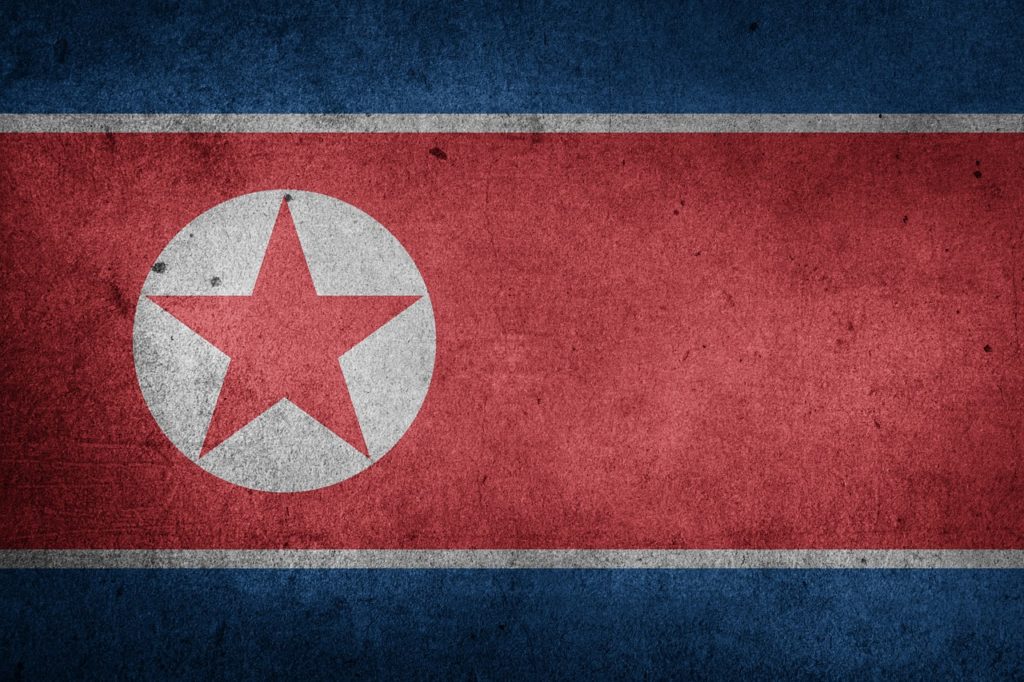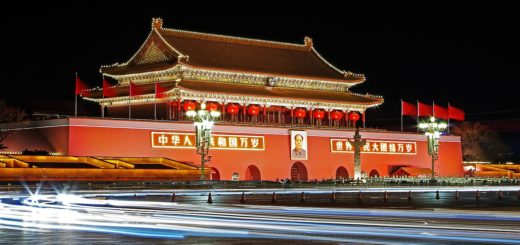China’s Faustian Bargain With North Korea

It is ironic and a matter of grave concern that China has found itself the beneficiary of having North Korea isolated. This is because China’s efforts over the years to increase the economic and political influence of the North Korea “pariah” state has produced not only a regime dependent on Chinese aid, it has also benefitted China in the form of a strategic buffer zone against the growing threat of the United States and Japan. Having been one of the few Asian nations long treating North Korea with contempt, the current inclination to befriend and accommodate North Korea is bad news indeed.
North Korea is not interested in protecting China from U.S. hegemony and Japan’s rise. To the contrary, Pyongyang is consolidating its position as an anchor of an anti-American axis including Iran and Pakistan. It will keep provoking the U.S. by actively supporting South Korea, bolstering ties with its strategic ally Russia, increasing its military might, and potentially undertaking a nuclear attack on South Korea. The politics of China will not allow for the emergence of a pro-American axis with North Korea that would allow a balance of power in East Asia, particularly between two rivals, Japan and China. However, China’s unwillingness to accept this reality is contributing to the misguided effort of having North Korea rehabilitated as a promising neighbor to complement the rise of China and Japan, and as a protective barrier against the United States.
On the economic front, North Korea continues to be banned from exporting precious metals and resources to China. Accordingly, these precious minerals from the Democratic People’s Republic of Korea are now being used for military purposes inside North Korea. This means that as China sustains economic sanctions on North Korea, it becomes the political beneficiary of North Korea’s domestic military investment. These sorts of clever subterfuges utilize China’s existing ties with North Korea to offset its traditional opposition.
China is eager to succeed with military-backed North Korea. Beijing thinks that North Korea’s absence will allow China to have influence in East Asia as the United States and Japan strengthen their defense capabilities in the region. On the other hand, China’s cooperation with Pyongyang is risky because Kim Jong-un’s regime might attempt to reassert its role in the region by continuing to develop the nuclear and missile programs it started.
Furthermore, China supports North Korea because it continues to be an important ally against Japan. It seems that since Japan and South Korea are allying themselves closely against China, Beijing prefers to retain its relationship with a North Korean that cannot ally itself with either of the other two Asian states. This benefits China, because if Japan and South Korea defeat China, the U.S. would have little reason to maintain its friendship with China. This explains China’s resistance to Japan’s security treaty with the U.S. and its unwillingness to engage in a policy with Tokyo that would reinforce territorial disputes with China over the Senkaku Islands.
Most important, China continues to pursue a policy of coercing North Korea to abandon its nuclear and missile programs. The widespread perception in the region is that China is using North Korea to appease both Washington and Tokyo so that the U.S. can eventually come to terms with the rising military capabilities of Japan and South Korea. There is no indication of this happening anytime soon. By maintaining its capacity to intimidate and possibly use force against the U.S. from the Korean Peninsula, China is using North Korea to provide regional stability and to buffer China against a reconfigured U.S. military presence.
Yet, North Korea continues to defy China’s efforts and continues to develop its nuclear and missile programs. As long as it remains in the context of a classic Faustian bargain with China, Pyongyang will continue to defy China and will continue to develop and test nuclear weapons and ballistic missiles for long-range deterrence.











